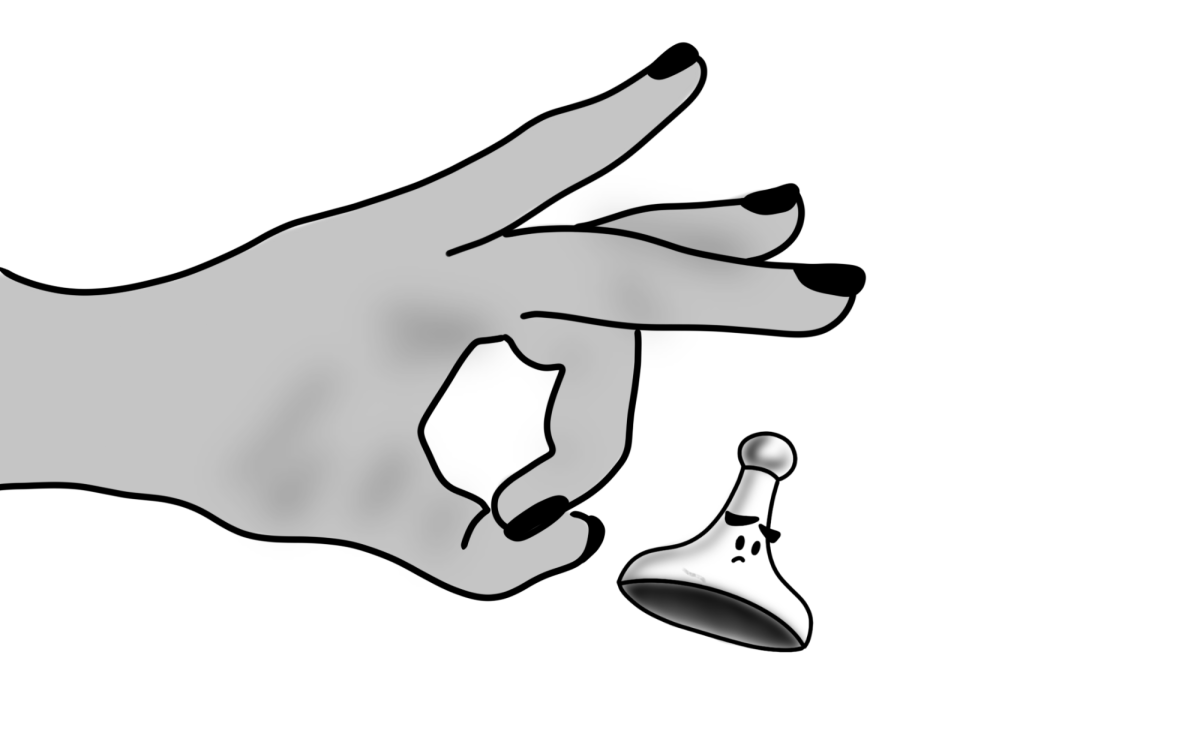A few weeks ago I was flipping through channels on the TV, looking for a good program to watch. I came to a stop on TLC’s Toddlers and Tiaras. A child appeared on the screen, walking before a group of judges in a skimpy costume, performing in a beauty pageant for kids.
In these competitions, parents dress their daughters up in bright and tacky outfits, lead them onto a stage, and tell them to smile big and twirl their baton in a showy display of talent.Often, the so-called “talent” involves the participants shaking their 3-year-old hips to a song that was made for an age group much older than their own.
France recently realized the absurdity behind these pageants when they moved to ban girls under the age of 16 from competing.
Chantal Jouanno, a French politician has been quoted saying that France banned the pageants because they want girls to learn that it is more important what they have in their brains, than what they look like.
Actions like this make a considerable amount of sense, as these pageants do nothing to further the intellectual growth of a child and just encourage and foster bad habits and morals.
Girls in preschool should not be taught that looks are the most important part of a person, which is what they are learning by being in these pageants. If we want them to grow up to be well-rounded, kind members of our society, it is in our best interest to put age restrictions on who can compete in beauty pageants.
Of course, judgment based on physical appearances will exist in our society regardless of any age restrictions placed on beauty pageants. In fact, teenage and adult participants in pageants have to deal with judgment frequently. So, why does influencing children to start this process sooner make a difference if it is going to happen anyway?
When children are young, they are in some of the most formative years of their life. Values that peers and adults teach them then can stick with them for years, or even a lifetime, which is why it is important to start teaching them life lessons early on.
A study done by Carolyn Gorman in the Undergraduate Review shows that a child’s satisfaction with their own appearance is directly related to their mother’s happiness with their child’s appearance. The study also suggested that exposure to a bad body image can later result in eating disorders and depression.
Teenage and adult contestants would at least be harder to have as great an influence on, as they’ve already completed the majority, if not all of their mental development.
By placing an age limit on child pageants, it would be possible to avoid the sexualization of toddlers and to instill them with values that would foster confidence and happiness, as opposed to depression and bodily dissatisfaction.







